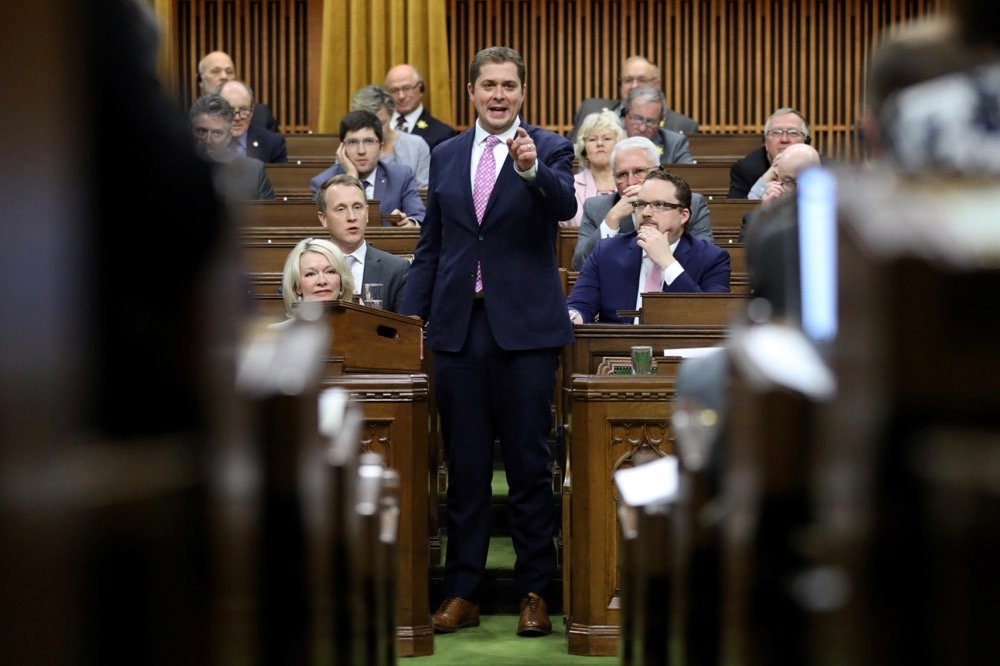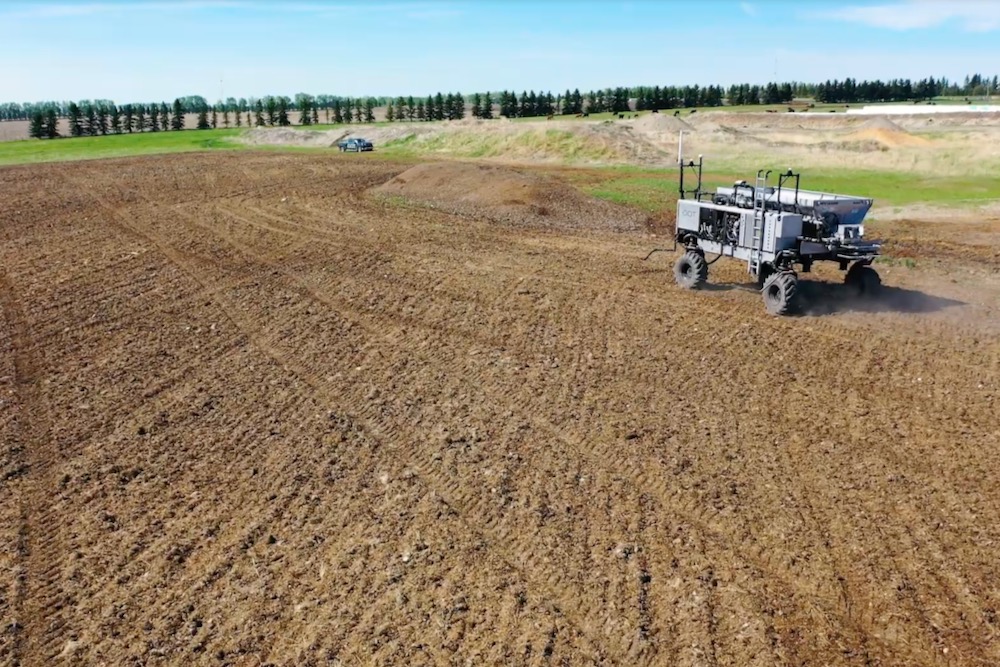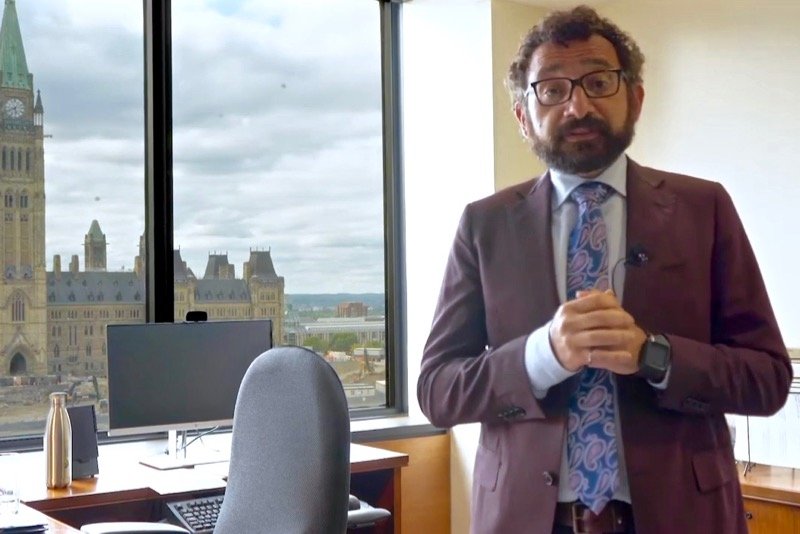The federal Conservatives’ pre-election pledges for Canada’s rural communities include a plan to appoint a federal minister for rural affairs.
Tory leader Andrew Scheer included that promise Sept. 7 in announcing a list of “specific measures he will take as prime minister to help rural communities across the country,” in the lead-up to a federal election on Oct. 21.
Rural issues have only recently returned to the federal cabinet, when Prime Minister Justin Trudeau in January named Nova Scotia MP Bernadette Jordan as minister for a newly created portfolio, rural economic development.
Read Also

New agriculture minister hopes to engage farmers
New federal agriculture minister Heath MacDonald hopes to engage farmers across Canada on the issues that matter most.
Asked via email how a Tory government’s rural affairs file would compare in scope to Jordan’s rural economic development portfolio, a federal Conservative Party spokesperson replied that a rural affairs minister’s mandate “would cover all issues facing rural Canadians and would be a rural voice at the cabinet table.”
A rural affairs minister’s scope, the party added, would include “issues such as rural crime, ensuring more stability for our agriculture sector, and providing more access to high-speed internet.”
By comparison, the Conservatives said via email, Trudeau “appointed a rural economic development minister in an election year in a desperate ploy to hold onto seats” after “completely ignoring rural Canadians and their communities for three years.”
Rural planks announced last month in Scheer’s platform also include “ensur(ing) that all regions receive their fair share of infrastructure funding with a budget specifically for them.”
The party said it would also ensure “all cabinet decisions have a rural perspective” and that government programs “consider the life conditions and unique experiences of Canadians in rural regions.”
Scheer on Sept. 7 also pledged that in a Tory government, a Quebec MP would be named as responsible for the federal agency for the economic development of the regions of Quebec.
Canada Economic Development for Quebec Regions (CED), like Ottawa’s other regional economic development agencies, today operates as an arm of the Innovation, Science and Economic Development portfolio. In the Trudeau government, Mississauga-area MP Navdeep Bains is that portfolio’s incumbent minister.
Canada’s last cabinet-level minister for rural issues, up until Jordan’s appointment in January, was Charlie Mayer, who in Kim Campbell’s Progressive Conservative government in 1993 served as minister for small communities and rural areas, as well as minister of agriculture.
Further back, rural issues had their own minister-level portfolio only in the 1960s, when Maurice Sauve and Jean Marchand served as ministers on what was then known as the forestry and rural development file, in the Liberal governments of Lester Pearson and Pierre Trudeau respectively.
Since then, parties including the Liberals, Tories, New Democrats and Bloc Quebecois have had specific critics for rural affairs, rural development or rural solidarity while serving on the opposition benches, with or without a cabinet-level counterpart on the government side. — Glacier FarmMedia Network




















